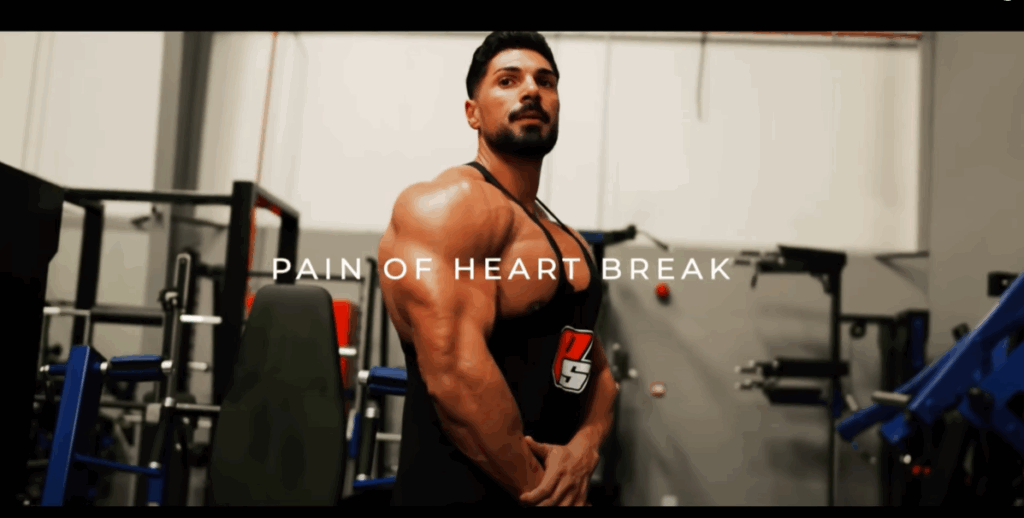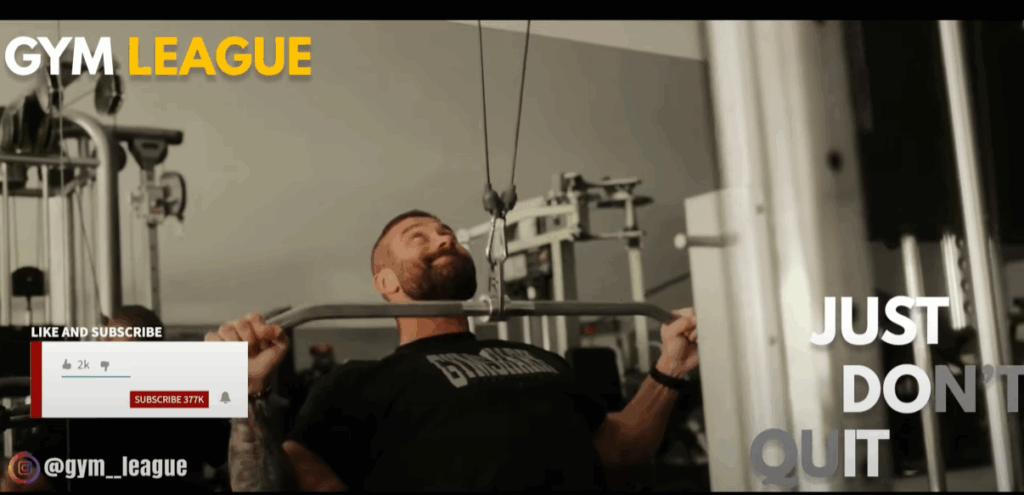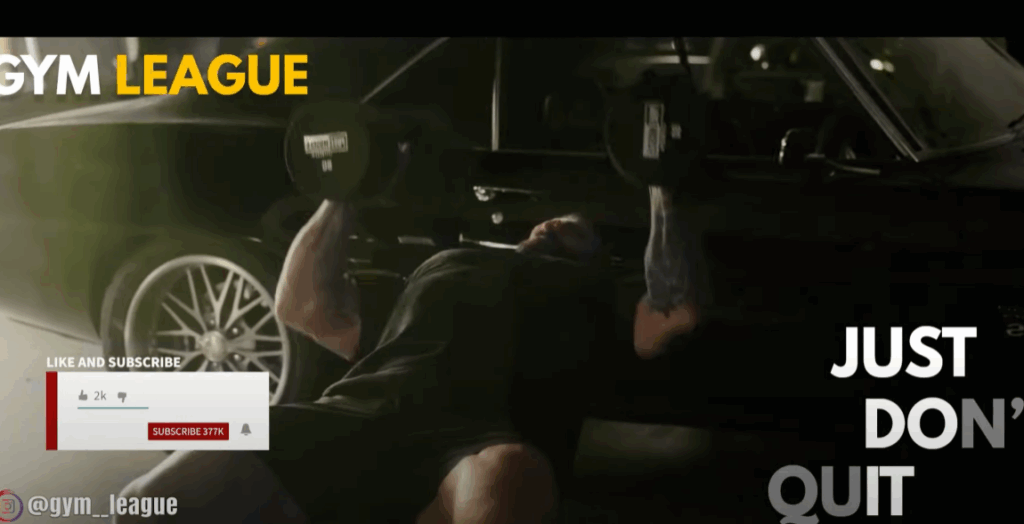When people see me today—a seasoned coach, competitive bodybuilder, and dedicated athlete—they often assume I’ve always been confident, disciplined, and strong. The truth couldn’t be further from that assumption.
I didn’t start this journey as a powerhouse. I began as a scared, insecure kid with fragile self-esteem and little direction. I wasn’t born with unshakable confidence or a natural gift for fitness. I wasn’t the fastest, the strongest, or even the most motivated. What I did have was a willingness to be honest about my weaknesses and face them head-on.

The Courage to Be Vulnerable
One of the biggest misconceptions in fitness is that strength comes only from physical training. In reality, true transformation starts with vulnerability—the ability to admit you’re not where you want to be.
Most people hide from their insecurities, pushing them to the back of their minds. I did that for years, and it kept me stuck. It wasn’t until I finally confronted those hidden fears that real change began. I stopped pretending I had it all together and started working on what was broken.
This wasn’t easy. Digging into your own mental and emotional baggage can feel like reopening old wounds. But if you’re serious about long-term progress, you need to organize the chaos inside before you can consistently push yourself on the outside.
Breaking Free From Negative Influences
Part of that process meant distancing myself from toxic relationships and environments. Just like poor nutrition can sabotage your physical progress, negative people can derail your mental progress.
I had to learn that not everyone rooting for me was truly on my side. Some people want to keep you in your comfort zone because your growth makes them uncomfortable. Others drain your energy with constant drama, criticism, or manipulation.
Cutting those connections wasn’t about revenge or anger—it was about self-preservation. I needed my focus for training, learning, and improving myself, not wasting it on defending my choices to people who didn’t understand them.

Why Most People Avoid the Dark Corners of Their Past
We all have a mental “storage room” filled with the memories and insecurities we’d rather not think about. For many, that’s where old failures, body image struggles, and painful self-doubt live. The temptation is to lock that door and never go back.
The problem is, those unaddressed issues quietly influence your decisions. They can limit how hard you push in the gym, how consistently you stick to your nutrition, and how much you believe you deserve success.
Facing my own dark corners wasn’t pleasant, but it was necessary. I had to revisit the times I felt weak, unworthy, or out of place—and then rewrite the story I was telling myself. Instead of seeing those moments as proof that I was incapable, I reframed them as challenges I had overcome.
From Rock Bottom to the Climb Back Up
There was a point when my physical state reflected my lack of mental discipline. I had reached nearly 300 pounds—not of muscle, but of poor habits, bad nutrition, and inconsistency. I felt slow, tired, and completely disconnected from the person I wanted to be.
Getting out of that state required more than a diet or a workout program. It required a complete identity shift. I stopped telling myself I “deserved” to relax and overeat because life was hard. I realized that kind of thinking was exactly what had gotten me there in the first place.
Instead, I started showing up for myself daily—whether I felt motivated or not. Over time, those actions built a new version of me, one rep and one meal at a time.
Discipline Over Entitlement
One of the most dangerous mindsets you can adopt is the belief that you’ve “earned” the right to stop working. I hear it all the time:
- “I’ve been eating clean all week, so I can cheat all weekend.”
- “I trained hard yesterday, so I can skip today.”
That thinking leads to backsliding. I learned this the hard way when I let myself believe I had done enough to “deserve” a break from discipline. It didn’t take long before I was out of shape and frustrated with myself.
Now, I understand that consistency isn’t something you graduate from—it’s something you maintain for life. Your body doesn’t care about your excuses. It responds to what you repeatedly do.

The Power of Owning Your Story
A lot of people in fitness try to present a perfect image—always motivated, always on point, never struggling. I’m not interested in selling that fantasy. My strength today comes from the fact that I’ve been weak before. I’ve been undisciplined. I’ve been the guy avoiding the gym and hiding from mirrors.
And because I’ve been there, I know exactly how to help someone else climb out of that same place. It’s not about quick fixes or gimmicks—it’s about building resilience from the inside out.
How to Start Your Own Transformation
If you’re stuck in a cycle of starting and stopping, here’s what I recommend:
- Admit Where You’re At – Stop sugarcoating your reality. Take an honest inventory of your physical condition, habits, and mindset.
- Clear Out the Negativity – This means both toxic relationships and self-sabotaging thoughts.
- Face the Hard Stuff – Don’t avoid your past struggles. Learn from them and use them to fuel your next chapter.
- Commit to Daily Action – Small, consistent steps beat occasional bursts of extreme effort.
- Detach From Motivation – Build habits that keep you going even when you don’t feel like it.
Why This is About More Than Fitness
Sure, my journey started with changing my body, but what I gained went far beyond that. I developed mental toughness, patience, and the ability to stay calm in uncomfortable situations.
Fitness became my training ground for life. Every time I pushed through a hard workout, I was also training myself to push through difficult conversations, unexpected challenges, and stressful days.
Final Thoughts
If you want lasting results—physically and mentally—you can’t just train your body. You need to train your mind to face discomfort, confront your past, and commit to the process long after the excitement fades.
I’m living proof that you don’t have to start strong to finish strong. You just have to start, keep going, and refuse to quit when things get hard. Your transformation is waiting—but it begins the moment you stop avoiding the truth and start owning your story.



